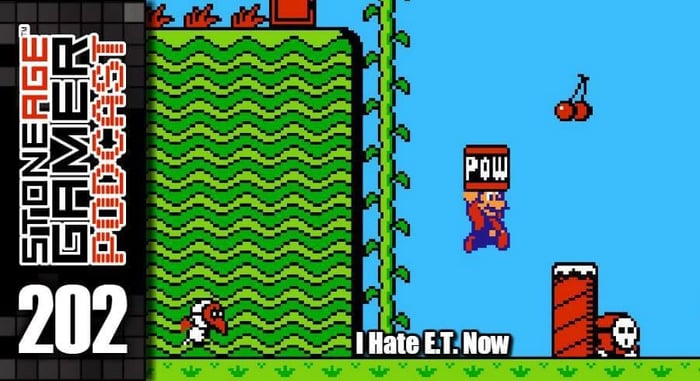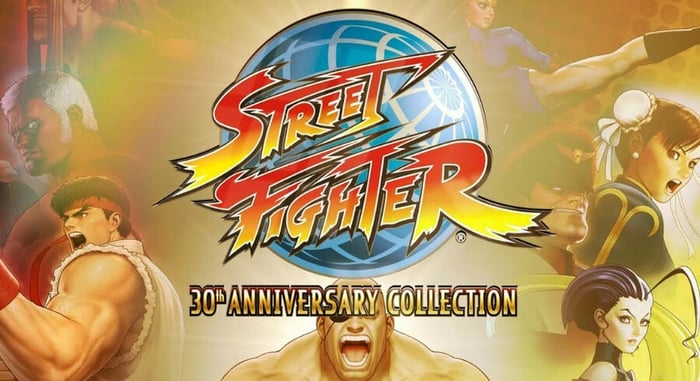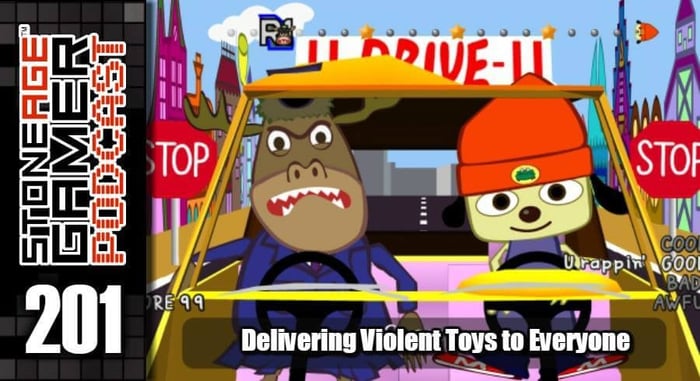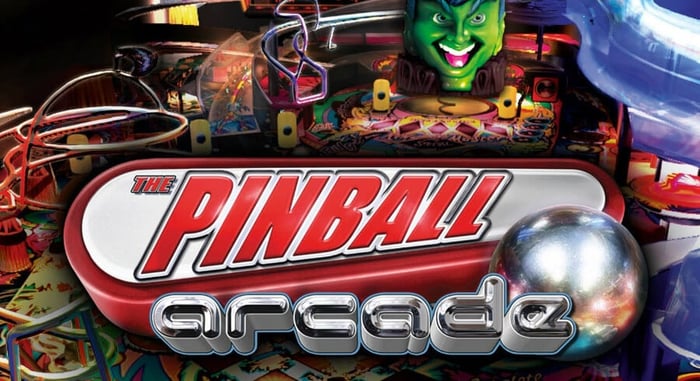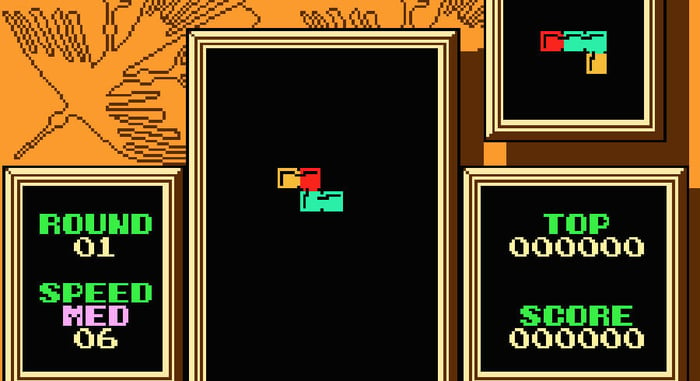
Is There a Place for Simple Games at Retail?
Note: This one gets a little rant-y.
There was a time when simple games were all there were. Back when I started gaming, titles like Space Invaders, Pitfall, Dig Dug and Frogger were just what games were. Video games were all about simple, basic fun, mostly because technology didn’t allow for a whole lot more. As that mold started to break over the years, especially in the realm of console gaming, games that presented the player with long and varied experiences started to become the norm. With today’s retail releases usually filled with hyper-realistic graphics or online multiplayer modes, when a game (like a puzzle game) shows up that isn’t the typical AAA fare, it seems the gaming community (specifically those who comment on YouTube videos and Facebook posts) is quick to dismiss it. Is there still a place on the shelves for simple fun?
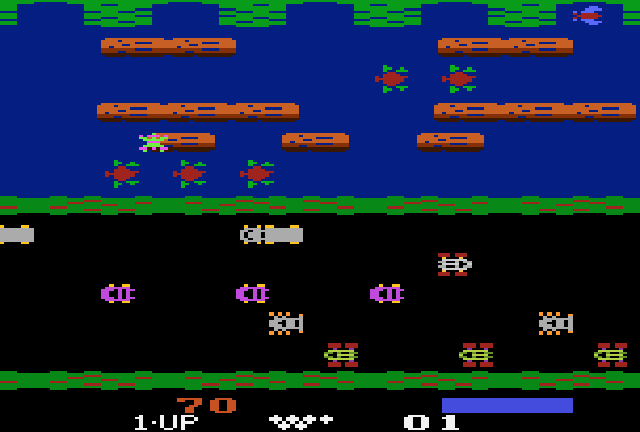
Thinking back to the NES/Master System era, it wasn’t uncommon to look at a store shelf and see a big adventure game right next to simple infinite puzzler. StarTropics existed happily next to Tetris 2 and no one batted an eye. The mindset of “How is this worth the same price as that?” hadn’t really formed yet. This even continued for the next few generations. No one balked at Columns on Sega Genesis just because Sonic the Hedgehog existed too. No one complained about Tetris Attack sitting on the shelf next to Yoshi’s Island. Even when the Nintendo 64 and PlayStation were duking it out, games like Intelligent Qube and The New Tetris didn't’ just seem natural sitting next to the likes of Tomb Raider and Ocarina of Time, people actually welcomed them. But that’s not the case anymore. Now, when you release a puzzle game as a full retail release, you get balked at. You get told your game is “another smartphone game.” But why?
First, let’s address the “just a smartphone game” mentality. There’s definitely a stigma attached to mobile games. By and large, they’re simple cash grab, microtransaction-filled schlock fests. Sometimes though, they are really fun, and I don’t know why it’s so important to some folks to relegate those kinds of experiences to the smartphone market. If Taito/Square could manage to make Arkanoid vs Space Invaders work on console, I absolutely think they should. But how would people react to that? I seem to remember there being some pushback when Puyo Puyo Tetris was released on PS4 and Switch, like there was some sort of problem with a puzzle game like that taking up shelf space. Like, why would anyone buy that when Assassin’s Creed exists?
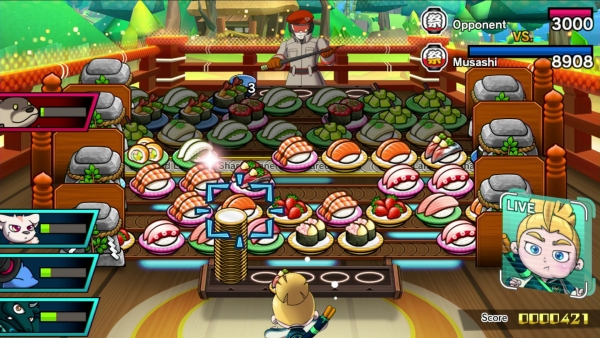
I recently saw this kind of mentality surrounding the impending release of a game called Sushi Striker: The Way of Sushido. It’s coming out for Switch and 3DS on June 9th, and I’m honestly kind of excited for it. It seems to be a remarkably goofy puzzle game about matching certain kinds of sushi with one another. It’s got completely insane anime cutscenes, and it looks like it could be a load of fun to play. I saw an ad for it this morning, and the first comment underneath it read “Games like this are why people don’t take Nintendo seriously.”
… really?
This mentality completely baffles me, and I’d honestly like to know more about what this person meant by it. Are they complaining about the goofy nature of the game, or the fact that it’s a puzzle game hitting retail, because honestly, I’ve seen both of those complaints. If I had to venture a guess, it has nothing to do with the 3DS release, just the Switch one. The general mentality is that a game like this is fine for a handheld, but if it’s put on a console it’s a waste of time and resources. They’re making this INSTEAD of a new Animal Crossing or something. (You know, that old chestnut.) There seems to be this ongoing argument about what games are worthy of existing floating around the Switch’s releases, and it’s really mystifying. Would the same vitriol be hurled at it if it were a download only title? I don’t think so. Not only that, I suspect we would be seeing the opposite effect.
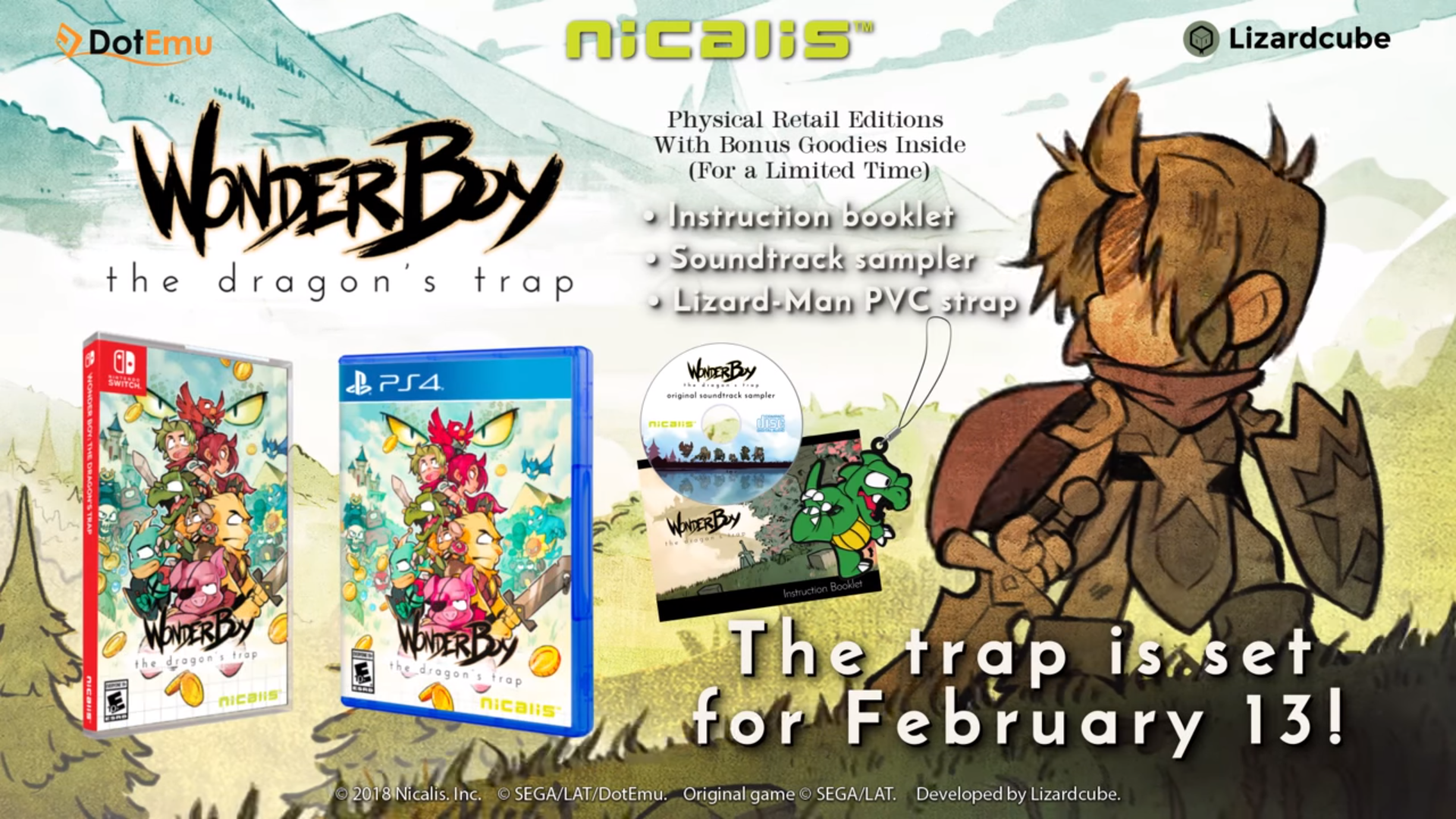
Of course that opposite effect comes with its own set of complaints. As a game-collecting nutcase, I kind of get the “everything should have a physical release” mentality, but I also understand the realism behind it just not being feasible. There’s only so much shelf space in stores for video games, and physical releases cost more money for publishers than digital ones. I was thrilled when a physical version of Wonder Boy: The Dragon’s Trap was released, but I didn’t begrudge my digital copy because a physical one existed. Similarly, I don’t hate on Inti Creates for not making a physical version of Blaster Master Zero, no matter how much I would have loved it. It’s just the way of things. Now, swinging back to Sushi Striker, this game screams “cult hit” to me. It’s got some super crazy/cool character designs, a clever name, and if the game is as fun as it looks, it’s got the making of a modest hit. If this was a digital only game and it took off the way I expect it to (not setting the world on fire, but gaining a small-ish yet vocal following) the internet at large would be screaming from the rooftops about how there needs to be a physical release. In this case, I’d even be willing to bet the very same people writing it off as a cell phone game would be among them.
So my question is, is there room on the shelves for games like this? Sushi Striker is a weird example because it’s being published by Nintendo and has something of a budget behind it, but why is publishing physical versions of indie/small games something that bothers people? If they can afford to, why shouldn’t the people behind games like Blossom Tales attempt to get their games on store shelves and considered by customers who shy away from buying stuff digitally. Why should games that feature a simple fun mechanic not be allowed next to the big-budget shooters and sports games?
The only reason I can think of is price, and that point has a certain amount of viability to it. When you see a game like Puyo Puyo Tetris currently at $29.99 sitting next to a game like Horizon: Zero Dawn for the same price, it certainly raises some eyebrows. There’s no way those two games cost the same amount of money to make, and having played through Puyo Puyo Tetris’s story mode, I can almost guarantee it doesn’t have as much to offer as Horizon’s. So why should those two games cost the same? I get that. I also get that there are more factors involved than how much a game costs to make. Puyo Puyo Tetris arguably offers infinite hours of gameplay thanks to the nature of the game being, well, infinite. Horizon tells its story, and for many once that story is told, that’s pretty much it. It might get played through again a few years down the line, but it has a beginning middle and end. One mode in PPT does too, but depending on how much you enjoy Tetris and Puyo Puyo, you could theoretically never get bored of playing PPT. So how should that factor into the game’s price? The physical disc and case aren’t any cheaper to manufacture than the disc and case for Horizon, so why should buying that physical thing cost less by that standard? How cheap can a physical release be and still be profitable considering manufacturing and shipping costs?
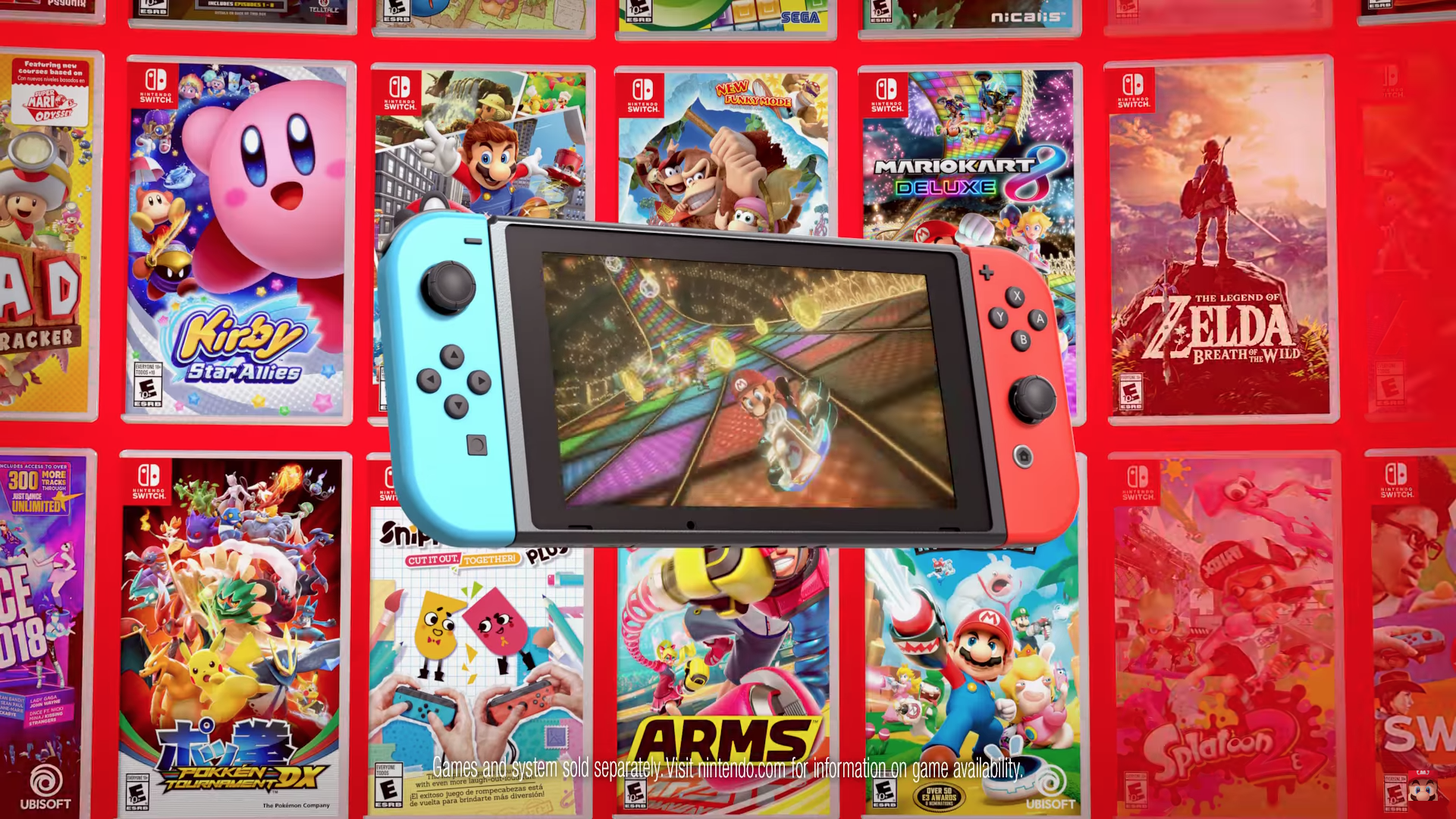
What I think it all comes down to is basing a game’s price on its perceived value, and that perceived value has to come from something more than simply counting “how many hours long is it?” I just finished Kirby: Star Allies on Switch. It was criminally short. Only 4 worlds in the game, and not a whole lot of interesting stuff to go back to once you’re done. That game was $60 and I honestly feel like it was a tad overpriced. But I don’t feel bad about my purchase because I honestly feel like I got $60 worth of joy out of the game. Sure it was short, but I really enjoyed my time with it, so yeah. Those good times were barely worth the price of admission to me. Just barely, but still worth it. Then look at something like Donkey Kong Country: Tropical Freeze. That game costs the same as Kirby, and content-wise, it’s not even a contest. DKC completely blows Kirby out of the water in every single respect. I have no doubt it cost more to make (the first time around), and I think it looks and sounds better too. It also has at least 4 times the amount of content. Yet, because the game was released before on Wii U (at a lower price to begin with, which is its own weird animal) it’s been crapped on for releasing at the same price. If someone gets that game and they haven’t played it before, which is most likely the case because not very many people played it when it released on Wii U, they will undoubtedly get $60 worth of fun out of it. It’s an amazing game. By every metric it’s a better value than Kirby was, but since Kirby was a brand new release and DKC wasn’t, most people didn’t complain about Kirby’s price tag. Don’t get me wrong, I understand the arguments against DKC being the price it is, but again that question of value comes into play. Why shouldn’t a new release of DKC cost as much as Mario Odyssey or especially Kirby? And I guess more to the point, why do people assume Sushi Striker won’t be worth its $50 price tag when it releases?
That was a bit of a tangent, but it all comes back to this notion of perceived value in retail games. It’s a complicated question based on just what I rambled about already, and I didnt’ even get into the extra monetization companies like EA and Ubisoft have been jumping into with loot boxes and the like because apparently $60 retail for a new release isn’t enough money for them. The well goes deep, and I certainly don't’ claim to have all the answers. I can only speak to my interests, and in my opinion a game like Sushi Striker is as worthy as anything else to be on retail shelves next to Wolfenstein or whatever. If a game looks fun and appealing to me, that’s what I base my purchases on, no matter how simple they are. There’s a reason Pac-Man is still played in arcades today, because it’s fun. Games are so much more now than they used to be, but that doesn't’ mean they can’t still be simple and fun. And for some, myself included, those games are the games that make games worth playing.


